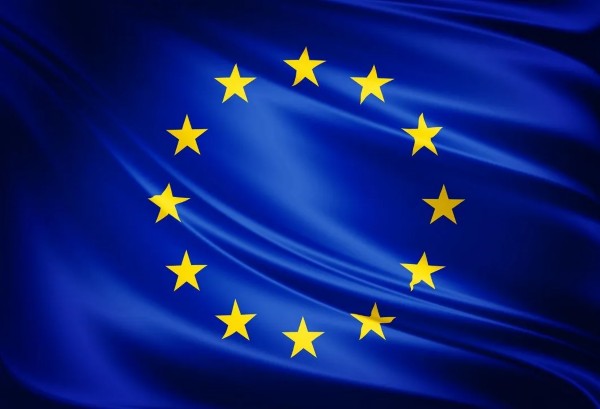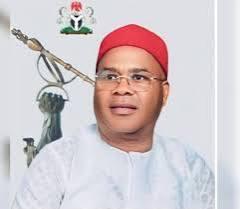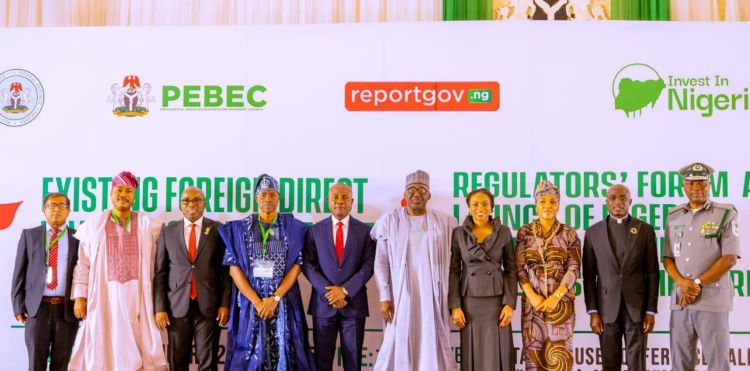The European Union Election Observation Mission (EU EOM) has said that 100 observers would be deployed for the 2023 elections, which begins on February 25, in Nigeria.
At the inauguration of the EU EOM to Nigeria 2023 in Abuja recently, the Chief Observer, Barry Andrews said that the EU EOM was deployed by the EU following an invitation from the Independent National Electoral Commission (INEC) and it started its work on 11 January, with the arrival of a core team of 11 experts with competencies in various aspects of elections.
He also stated that this is the seventh EU EOM to Nigeria since 1999, noting that for the first time in Nigeria, the mission has a dedicated Election Technology Analyst who would be assessing the use of technologies especially the verification of voters and the transmission of results.

Andrews explained: “The structure of our team is that we have the Chief Observer, Deputy Chief Observer and we have 11 in our core team, and they have been here since 11 January. We have an election analyst, political analyst, media expert, social media, and mainstream analyst.
“Just yesterday, 29 January, we deployed 40 long-term observers in 20 teams of two covering the 36 states across the country and we will rely on their observations and inputs from the data they were able to assemble and meeting from stakeholders to help us complete the work we are working on at the moment.
“We will be examining the implementation of the Electoral Act and all the changes that have taken place and the challenges that are peculiar to Nigeria. Each election environment has its characteristics, and we are cognizant of all those characteristics that affect the country. There are concerns relating to the new technology, full implementation of the Electoral Act, and the work of INEC.
“We will also deploy short-term observers in the immediate running of the election which would be locally recruited. We are very grateful for the cooperation, not just the EU delegations that are here but also, Canada, Norway, and Switzerland have contributed their short-time observers for this. In due course, we would have 100 observers who will cover the election day itself. The 100 observers will observe the voting, counting, and tabulation procedures on February 25, and March 11″.
Andrews added that after the data and observations received from the long-term observers, a preliminary statement would be issued two days after the general election. He said: “The EU EOM will issue a preliminary statement two days after each election day and will remain in Nigeria until the completion of the entire electoral process, including complaints and appeals processes, and any possible second round of the presidential election”.





